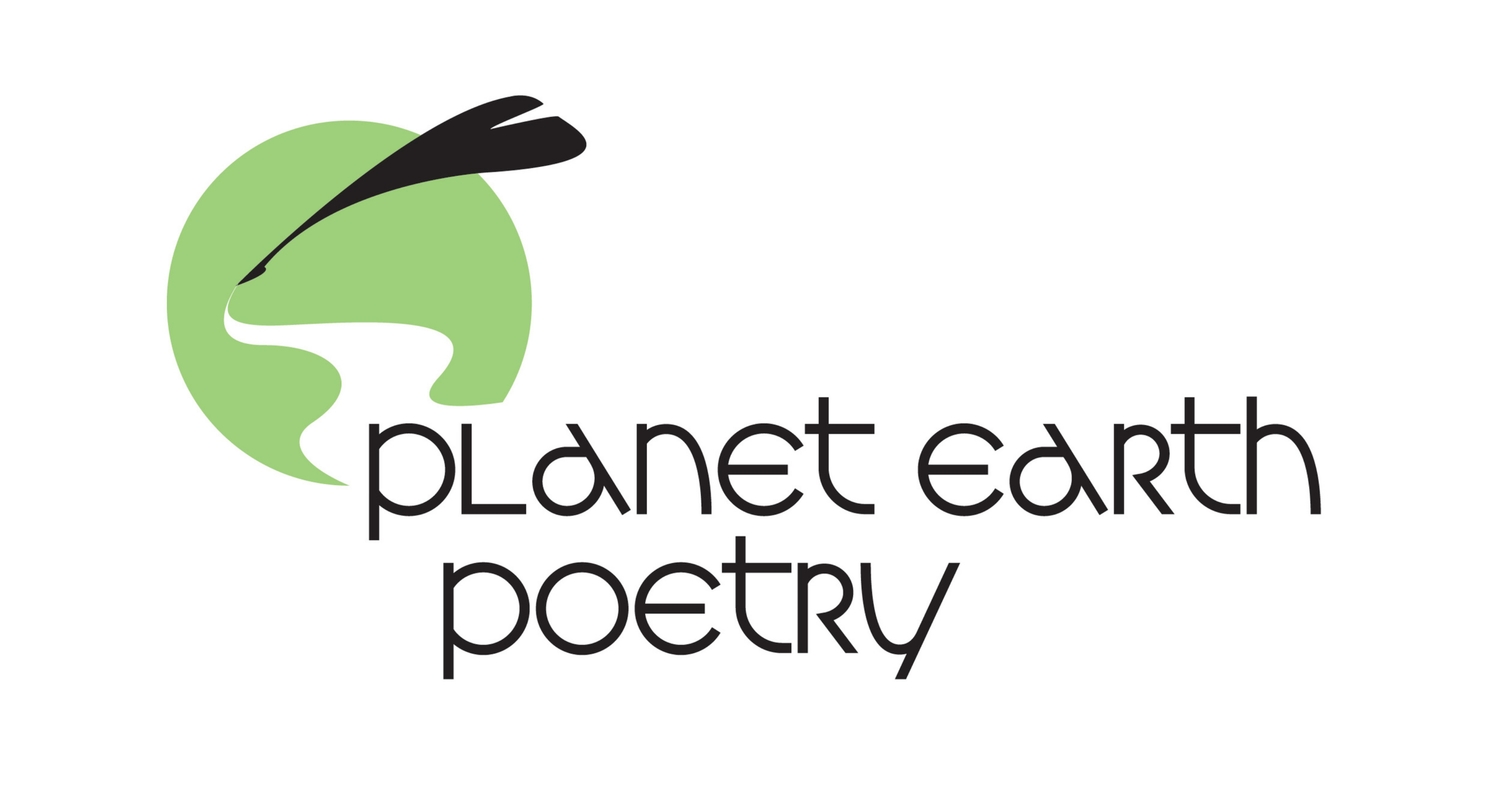REVIEWER: Wendy Donawa is grateful to live on the unceded territory of the Songhees and Esquimalt peoples, and to see the Salish Sea and the Sooke Hills from the window over her desk. Our Bodies’ Unanswered Questions is her second collection.
Poet Wendy Donawa
unpacking the poem:
Regional reviewers focus on regional poems
Reviewer Wendy Donawa unpacks a different poem every month. She examines the poem in a way she hopes is helpful for readers and other poets to understand how craft works in a particular poem, for a particular effect.
january 2023: barbara pelman
Walk On
The first time she stood, her own feet
holding her, balance of knee and thigh,
eyes forward, her diaper sliding
perilously down, barefoot,
wearing a shirt I had embroidered in the days
she would lie still in a crib—
the first time she knew she didn’t need me
to taxi her across the room,
eyes forward to where she wanted to go—
the embroidered days of breast
and sleep gone now: she balanced
need in her perilous glance, here
and here, no longer still in a crib
but standing, her own feet
marking the path embroidered
with perilous ledges, a highway
across winter, always forward
in her balance of need and knowing,
and I taxi her around
in my mind, embroider her days
with my perilous love:
cribbed and almost silent.
Poet Barbara Pelman
Victoria poet Barbara Pelman teaches poetry workshops and hosts for Planet Earth Poetry Reading Series. “Walk On” appeared in In Fine Form, a definitive anthology of contemporary Canadian form poetry (Eds. Kate Braid & Sandy Shreve). Her fourth poetry collection (working title: Café Noir) will appear with Caitlin Press in fall of 2023.
Unpacking “Walk On”
Barbara Pelman is a bard of the domestic. Readers familiar with her work will recognize the narratives of relatives present or departed, her ancient mother’s post-century birthdays, the failed or thriving tomato plants, and that romantic cellist!
“Walk On” charts two family journeys, one of the utterly dependent infant moving towards autonomy, the other of the parent’s poignant journey from all-consuming nurturing to letting go. The theme is a staple of sitcoms and Hallmark cards. But in this beguiling poem, Pelman’s deft use of craft and form avoids sentimentality, and depicts the perplexities inherent in the ever-changing mother-daughter relationship.
The poem is a fugue, a form structured by the unpredictable repetition of words and phrases. And the entire poem is all one sentence, breathless and compact, its repetitions shifting in context and significance. It is this intelligently shifted energy that drives the poem forward.
Note the variants of “embroidery” and “perilous,” which each occur four times; “crib” three times; “taxi,” “first time,” and “her own feet” twice. The first use of “perilous” is tender amusement at the toddler’s drooping diapers. Later, the child’s “perilous” demeanour marks a wilful determination to have her own way. Still later, a “perilous” adolescent world awaits, “a highway across winter.” The tone darkens further as the parent resigns herself to a “perilous” love she must keep to herself. The crib as infant’s cocoon is now the mother’s cage for her “perilous love:/cribbed and almost silent.”




